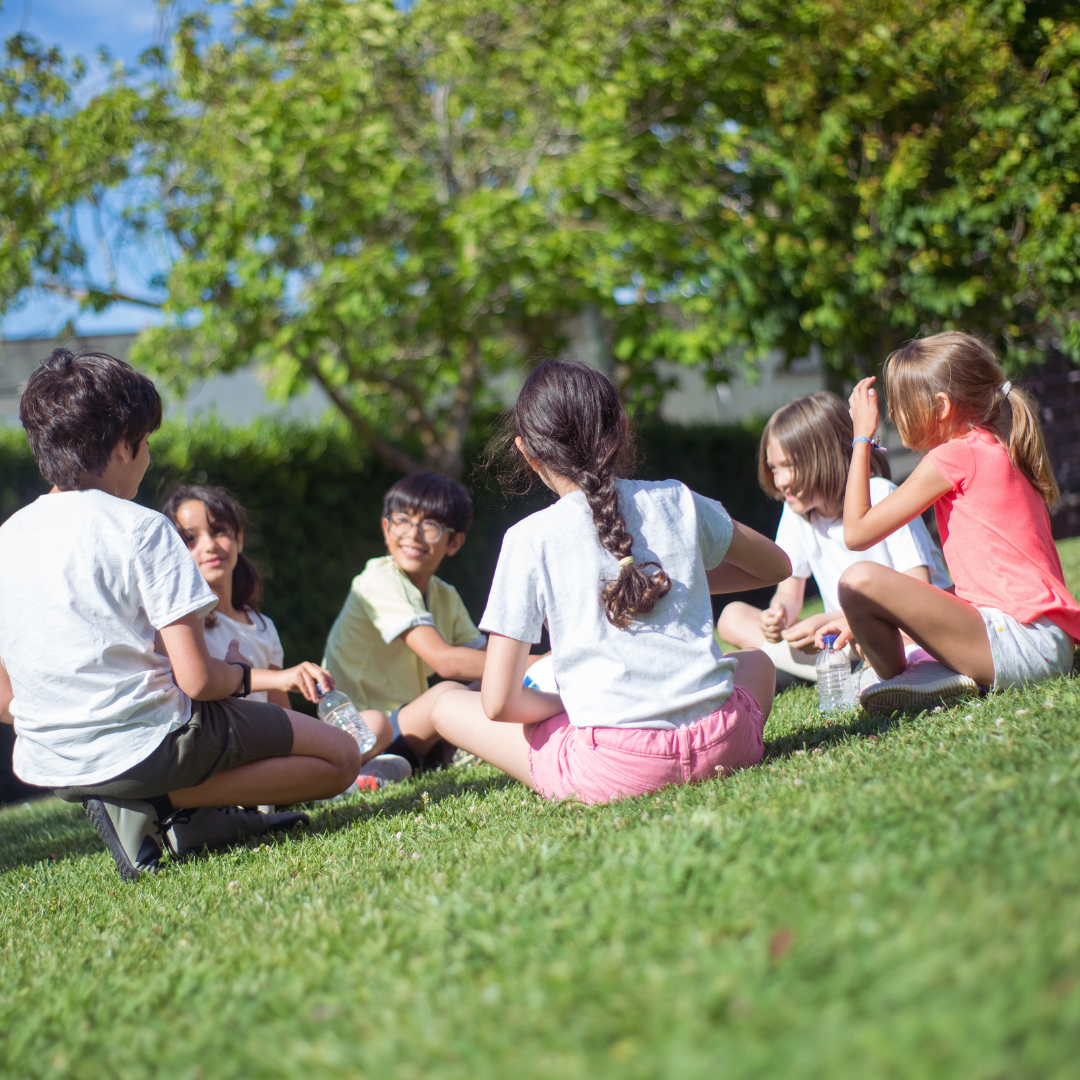After-school activities play a crucial role in the development of children and adolescents. These programs not only enhance academic performance but also foster important life skills such as teamwork, time management, and self-discipline. Engaging in a variety of extracurricular interests helps young individuals discover their passions and build a well-rounded skill set.
Participation in after-school activities offers social benefits as well. Students develop friendships and learn to interact with peers from diverse backgrounds, promoting inclusion and cooperation. These relationships can provide support and encouragement, contributing to a positive school experience.
Furthermore, after-school programs can serve as a safe and structured environment. They offer supervision for children whose parents may not be at home, reducing the likelihood of engaging in risky behaviors. Investing in these activities can lead to healthier, more confident individuals who are better equipped for future challenges.
The Impact of After-School Activities on Academic Achievement
After-school activities play a crucial role in shaping academic outcomes. These programs provide opportunities for students to engage with peers, develop skills, and receive academic support. Participation can lead to measurable improvements in academic performance.
Enhancing Academic Performance Through Extracurricular Engagement
Engagement in extracurricular activities correlates with higher academic performance. Students involved in these programs often demonstrate improved motivation, better time management skills, and a stronger connection to their school community.
Specifically, activities such as sports, music, and clubs enhance teamwork and leadership skills. These attributes contribute positively to academic pursuits. Research indicates that students who participate are more likely to achieve higher GPAs and standardized test scores.
Involving students in activities outside the classroom promotes a balanced skill set. This combination of social and cognitive skills enhances their capacity to tackle academic challenges.
21st Century Community Learning Centers and Academic Support
21st Century Community Learning Centers (CCLCs) serve as vital resources for academic support. They provide safe environments where students can receive homework help, tutoring, and enrichment activities.
CCLCs often focus on integrating academic content with engaging projects. This method creates relevance and keeps students interested in their studies. Such centers typically serve under-resourced communities, bridging gaps in academic achievement.
Studies show that students attending CCLCs exhibit improved attendance rates and higher state assessment scores. By fostering connections between learning and after-school engagement, these programs significantly impact educational success.
Social and Emotional Benefits of After-School Programs
After-school programs play a vital role in fostering social and emotional development in children. These activities enhance self-esteem and personal skills while nurturing essential social skills. Engaging in structured programs provides opportunities for children to interact, collaborate, and grow emotionally.
Building Self-Esteem and Personal Skills
Participation in after-school activities significantly boosts self-esteem. Children often face challenges within these programs, helping them develop resilience. When they achieve goals, even small ones, it reinforces their sense of accomplishment.
Activities like sports, music, or the arts encourage children to express themselves creatively. As they receive positive feedback, their confidence grows. Programs designed to teach personal skills, such as leadership and decision-making, equip children to handle various situations, promoting their independence.
Nurturing Social Skills and Emotional Development
After-school programs provide a platform for children to develop crucial social skills. Interaction with peers and adults promotes teamwork and communication. Learning to cooperate in activities fosters a sense of belonging and community.
Emotional development is also enhanced through these experiences. Children learn to manage their emotions and understand the feelings of others. Engaging in group activities allows them to practice empathy and conflict resolution, skills essential for successful relationships in the future. Building these social connections contributes to overall emotional well-being.
Physical Activity and Health in Youth Development
Engaging in physical activities significantly contributes to youth development, impacting both physical health and behavior. Active involvement helps reduce the likelihood of risky behaviors while promoting overall well-being.
Combatting Risky Behaviors Through Active Engagement
Participation in after-school activities fosters a structured environment where youth can channel their energy. This engagement often leads to a decrease in risky behaviors, such as substance abuse and delinquency.
When young people are involved in sports or structured physical activities, they build social skills and self-discipline. These attributes can significantly deter them from engaging in negative behaviors often associated with boredom or lack of opportunity.
Key benefits include:
- Skill Development: Learning teamwork and leadership.
- Social Connections: Building friendships that provide support.
- Physical Health: Reducing obesity and related health issues.
Overall, these factors create a healthier and more positive atmosphere for youth.
The Role of Quality Programming and Community Partnerships
Effective after-school programs require quality programming and strong community partnerships. These elements are essential for creating engaging experiences that support student development and learning.
Establishing Effective OST Programs
Quality Out-of-School Time (OST) programs are crucial for student growth. These programs should offer diverse activities that cater to various interests, such as sports, arts, and STEM. Establishing a curriculum that promotes both academic enrichment and personal development is essential.
Program staff must be well-trained and enthusiastic, ensuring a positive environment. Regular assessment of the program’s effectiveness through student feedback can guide improvements and adjustments. Additionally, incorporating the needs and suggestions of students into programming fosters a sense of ownership and engagement.
Fostering Partnerships with Middle Schools and Community Organizations
Collaboration with middle schools and local organizations enhances the effectiveness of after-school programs. Partnerships can provide resources, such as facilities, materials, and expertise, thereby enriching program offerings.
Engaging with educators ensures that OST programs align with school curriculum, bridging gaps between formal education and extracurricular activities. Community organizations can also offer mentorship and support, connecting students to local resources and networks.
Establishing consistent communication between program leaders, schools, and community partners is vital. This collaboration creates a unified approach to student development and keeps stakeholders informed about opportunities and challenges.



